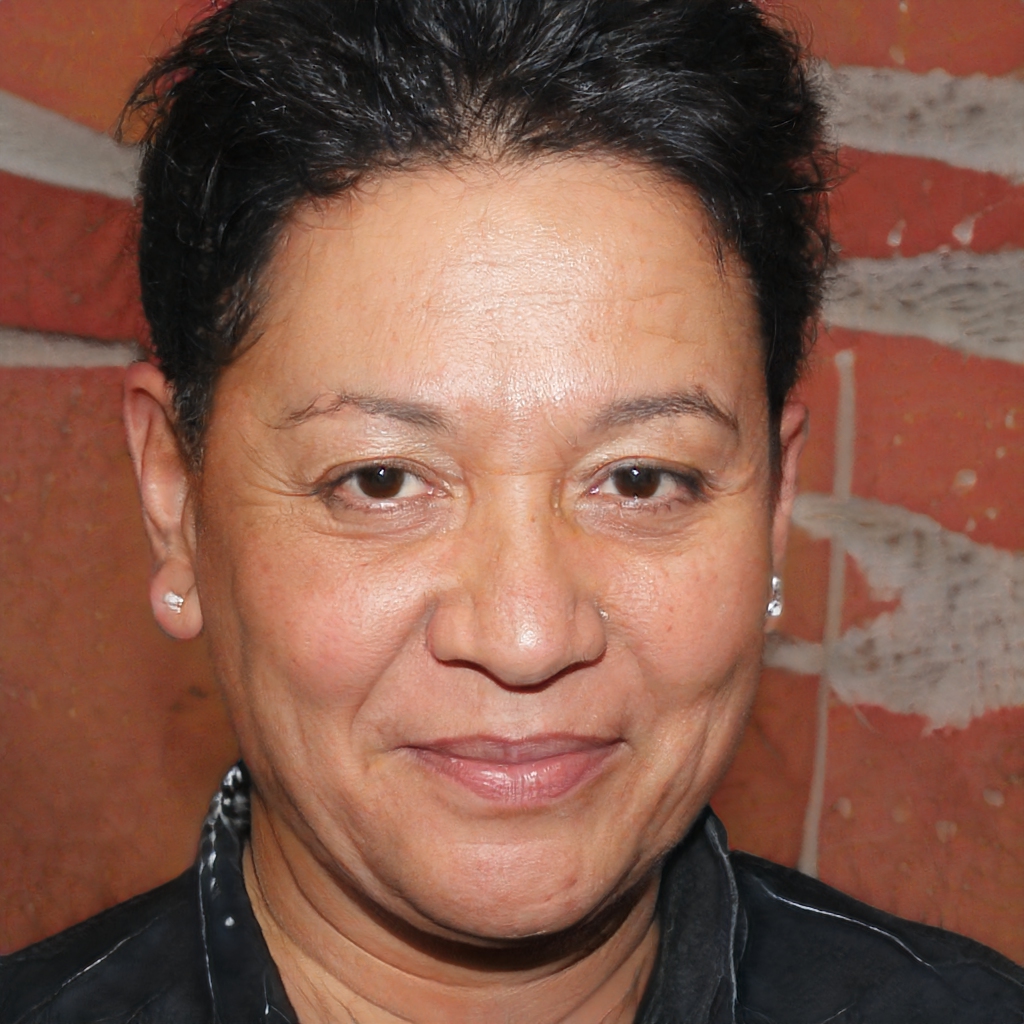The Stop Online Piracy Act (SOPA) and Protect Intellectual Property Act (PIPA) were two pieces of legislation proposed in the United States House of Representatives and Senate respectively in 2011 and 2012. The bills were designed to give the U.S. government and copyright holders more tools to fight online piracy and copyright infringement. Both bills had strong support from the entertainment industry, but were opposed by many internet companies and civil liberties groups. SOPA and PIPA were both ultimately shelved after a widespread public backlash.
How can we stop online piracy?
There is no silver bullet when it comes to stopping online piracy, but there are a number of things that can be done to help mitigate the problem. One of the most effective methods is to work with ISPs to get infringing content taken down at the source. This can be done through a process called notice and takedown, where copyright holders send notices to ISPs requesting that infringing content be removed.
Another effective measure is to target the websites that are hosting the pirated content. This can be done through a process known as website blocking, where copyright holders send notices to ISPs requesting that they block access to infringing websites.
There are also a number of technological solutions that can be used to prevent online piracy. One example is digital rights management (DRM) technology, which is used to control access to digital content and prevent unauthorized copying.
Ultimately, the best way to stop online piracy is to make sure that there are legal alternatives available that are easy to use and affordable. When people have access to legal alternatives that meet their needs, they are much less likely to turn to piracy.
What is the Anti piracy Act?
The Anti piracy Act is an Act of the United States Congress that was passed in 1998. The Act makes it a crime to reproduce or distribute copyrighted material without the permission of the copyright holder. The Act also makes it a crime to offer to sell or distribute copyrighted material without the permission of the copyright holder.
What does SOPA stand for?
SOPA stands for the Stop Online Piracy Act, which was introduced in the United States House of Representatives on October 26, 2011. The bill was designed to give the U.S. government more power to fight online piracy, but it faced strong opposition from many people who saw it as a threat to free speech and a potential abuse of power. After a number of amendments, the bill was eventually shelved in January 2012.
What is SOPA? SOPA is the short form of the Stop Online Piracy Act, a bill that was introduced in the United States House of Representatives in October 2011. If enacted, this law would have allowed the U.S. Department of Justice to seek court orders against websites accused of facilitating copyright infringement. These orders would have required Internet service providers to block access to the accused websites, and search engines to remove links to them. The bill was widely opposed by Internet users and companies, on the grounds that it would have censor the Internet and stifle innovation. After a number of revisions, the bill was shelved in January 2012. Is online piracy illegal? Yes, online piracy is illegal. The unauthorized reproduction or distribution of copyrighted material is against the law, and can lead to criminal penalties.
